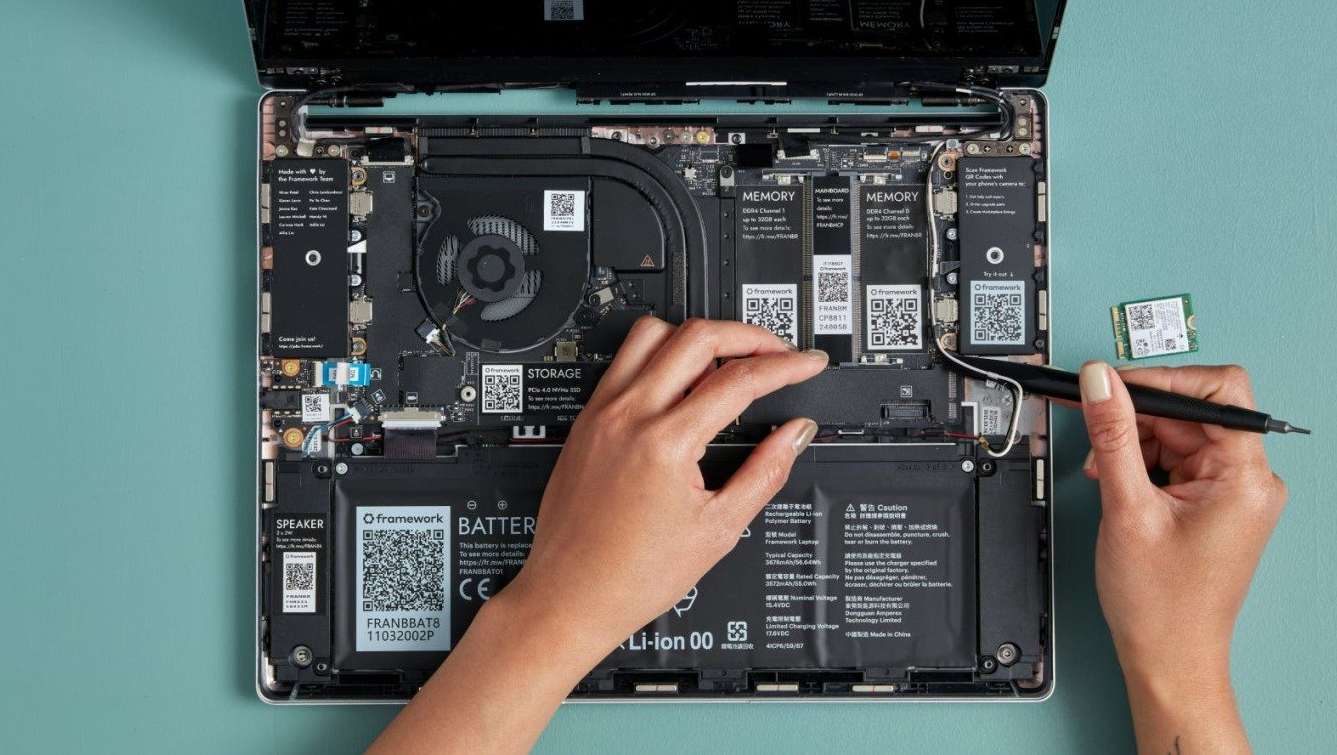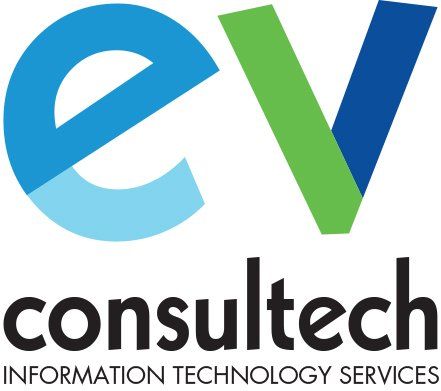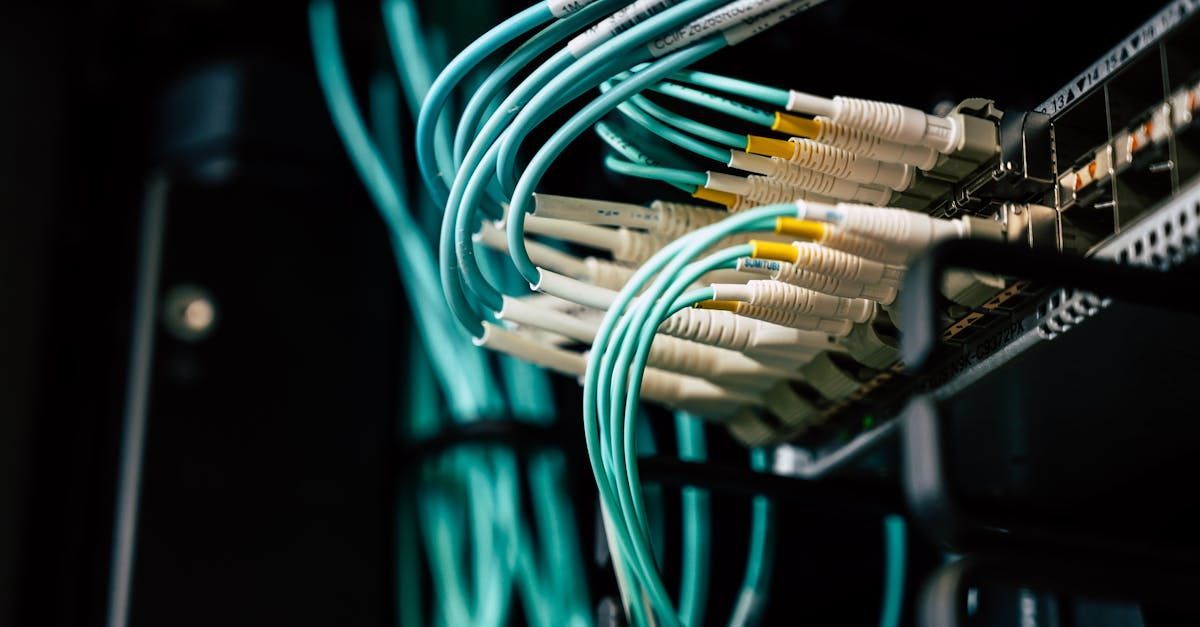Framework - The Environmentally Friendly and Modular Laptop
Framework is paving the way to a greener future with modular, upgradable laptops.
In the pursuit of making our phones and laptops as thin as possible, engineers have had to come up with some ridiculous ways to shave millimeters of thickness off of these devices year over year. The ability to easily replace parts...gone. Upgradability? NOPE! Some laptops don’t even come with normal USB ports, ethernet, or HDMI. Manufacturers make these sacrifices to develop an extremely thin and light device, that users end up paying for later on when they have to chuck out the whole laptop when the screen breaks or the mousepad stops working. The last MacBook with an easily replaceable battery came out back in 2013. Since then Apple and even companies like Microsoft have made their devices borderline impossible to fix or upgrade while telling consumers that these sacrifices have been made in their best interest. In reality the fact that most devices can't easily be repaired only serves to fatten the pocketbooks of the companies that manufacture them.
Founded in January 2020, Framework set out to fix a broken industry and help save the environment by manufacturing modular, repairable, laptops without making sacrifices in build quality. We’ve all had the experience of a busted screen, button, or connector that can’t be fixed, battery life degrading, storage running out quicker than expected. Instead of having to throw out your device or purchase an expensive adapter, Framework wants to make every repair and upgrade possible for someone who had never been inside a computer before. They provide clear labelling of parts with scannable QR codes that link to clear instructions. Framework focuses on simplifying common repairs and upgrades such as battery replacement and storage upgrades. Their laptop avoids glue and tape, minimizes the number of unique fasteners, and even includes a few spare screws in the case for when one inevitably disappears.

The Framework laptop was developed out of frustration with the current status quo of disposable devices and the impact it is having on our environment and future. Every year our planet creates 50 million tons of e-waste comprised of old laptops, phones, and broken adapters. According to Nirav Patel, "The single best way to reduce the environmental impact of electronics is to make them last longer. In addition to enabling longevity, we’re focused on improving sustainability across the life of our products. The Framework Laptop is made of 50% post consumer recycled (PCR) aluminum and an average of 30% PCR plastic. Our packaging is fully recyclable with no single-use plastics, and all of our product shipments are carbon
offset."
Framework is more than just a concept; the company is currently taking orders and actually shipping laptops. The price for one is very competitive compared to other laptops with similar specifications. We truly hope that this company continues to thrive as it made a big initial splash, even attracting popular tech Youtuber Linus Sebastian who believed in the concept enough to invest $225,000 of his own money into Framework.
Major manufacturers have been telling us for years that consumers can't have their cake and eat it too. In reality Framework has built a modular, upgradable laptop, that proves consumers don't need to sacrifice build quality in order to have an environmentally friendly, upgradable, and modular laptop.
If you want to learn more about the Framework Laptop we suggest watching the Linus Tech Tips review that was produced and posted before the founder's investment in Framework:











